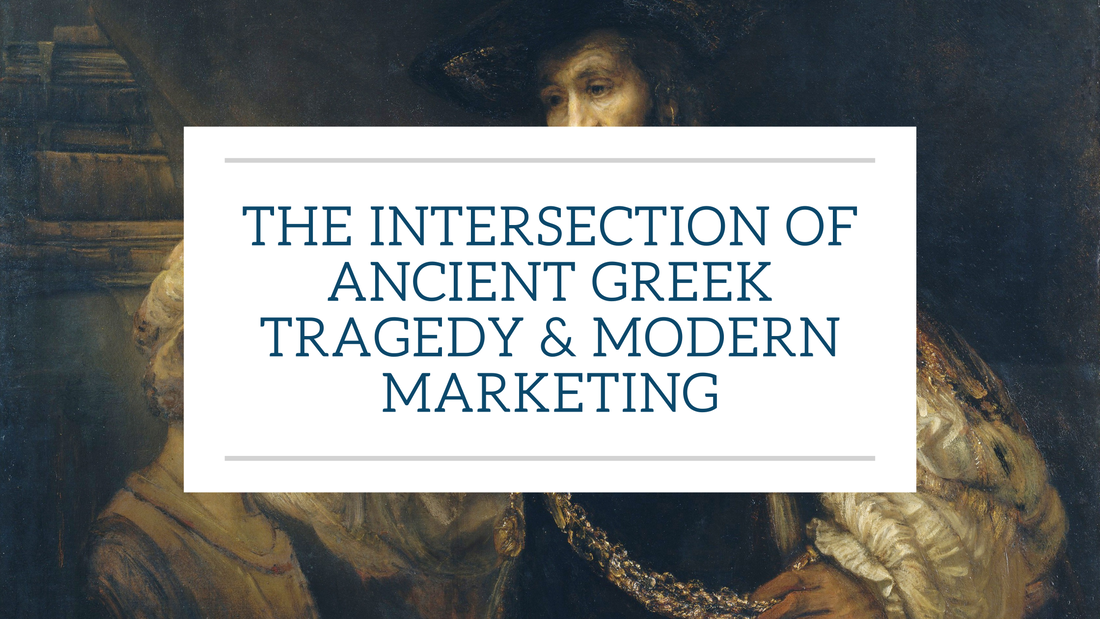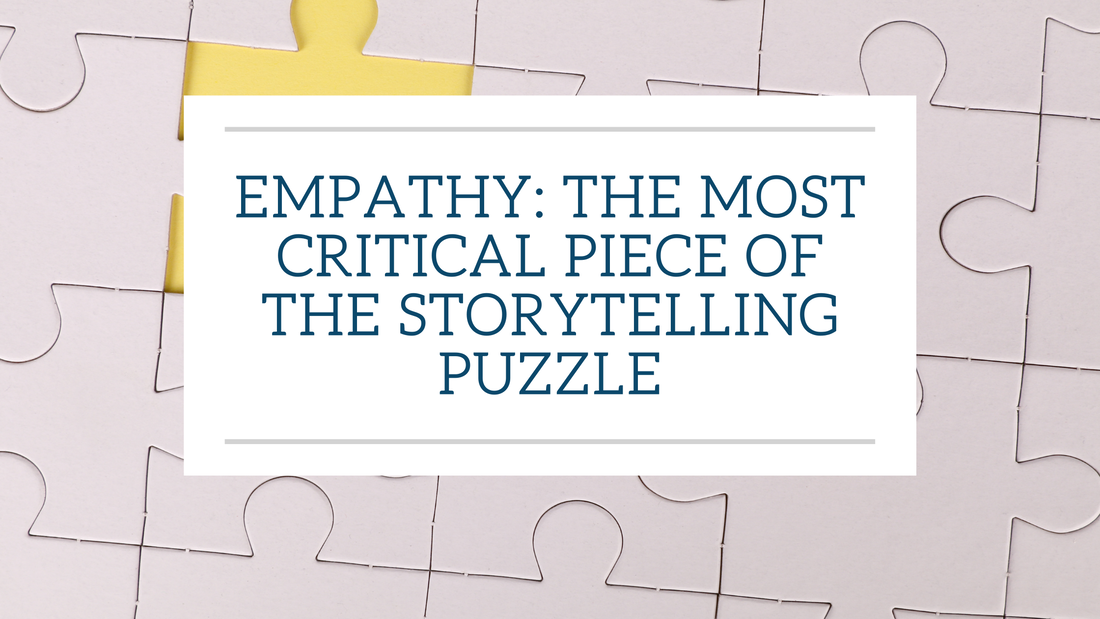|
Aristotle was a busy guy who was passionate about many things, but his love of theater and storytelling was noteworthy. He is considered the first theoretician of theater, and his Poetics offers a framework for understanding theatrical storytelling.
In Poetics, Aristotle outlines the six key elements of tragedy: plot, character, thought, diction, melody, and spectacle. Aristotle’s elements of tragedy continue to influence storytelling today. And by examining the aspects Aristotle identified as critical in crafting a compelling drama, modern marketers might unearth new, creative ways of sharing their brands’ stories. Let’s walk through the six elements and consider how they come into play in a modern marketing context. Whether we care to admit it or not, a lot of politics is really marketing.
We like the guy with the best presentation style, the nice head of hair. Research even shows that we Americans seem to have a thing for tall men; our presidents are consistently taller than average height, and the taller candidate often wins out over the shorter one. Some of what we look for in presidential candidates is shallow (don't get me started on the double standard women face when they run for office), but the best politicians use storytelling, another marketing technique, to get their message out there. Since today is Inauguration Day, I thought it would be fitting to look back on some of the most famous inaugural speeches in American history. These words did more than whip up the crowd or party base. They spoke to the psyche of the nation. They addressed our greatest fears and hopes. And they set the course for the coming four years. That’s the power of great storytelling. I began my career as an actor. Over the course of 20-odd years, I took a lot of acting classes. And one of the lessons that stuck with me was from a teacher that told us: "Even if you play the most heinous villain, if you want to bring their story to life, you need to understand them and develop empathy for them."
Empathy? For the likes of Iago from Othello or Ursula from The Little Mermaid? How? And why? You cannot do a story justice if you don't understand the party you're representing. As an actor, you're representing a character on stage or screen. As a marketer, you're representing your customer. (Although I'm sure your customers are much nicer than any dramatic villain!) Let’s take a closer look at why empathy is so important in storytelling and how to develop it. After months of waiting, the coronavirus vaccine is finally here. The rollout is beginning globally, but the story around it is muddled. Some are thrilled (perhaps overly so, thinking of the vaccine as a magic bullet that will restore normalcy overnight). Others are skeptical, fearful of the science underpinning the vaccine or the speed with which it was developed.
The New York Times recently reported on the erosion of vaccine-related doubt, but there’s still more we can do to fine-tune the story around the safety and efficacy of the COVID vaccine. With misinformation floating around out there, it’s incumbent upon the media and government agencies to form a united storytelling front—one that assuages fears and creates an alliance in our fight against the virus. When it comes to the best approach to win over skeptics and disseminate correct information widely, there are a few smart storytelling moves I’ve seen in recent weeks. These are the strategies we should lean into to get everyone on board with the vaccine. |



